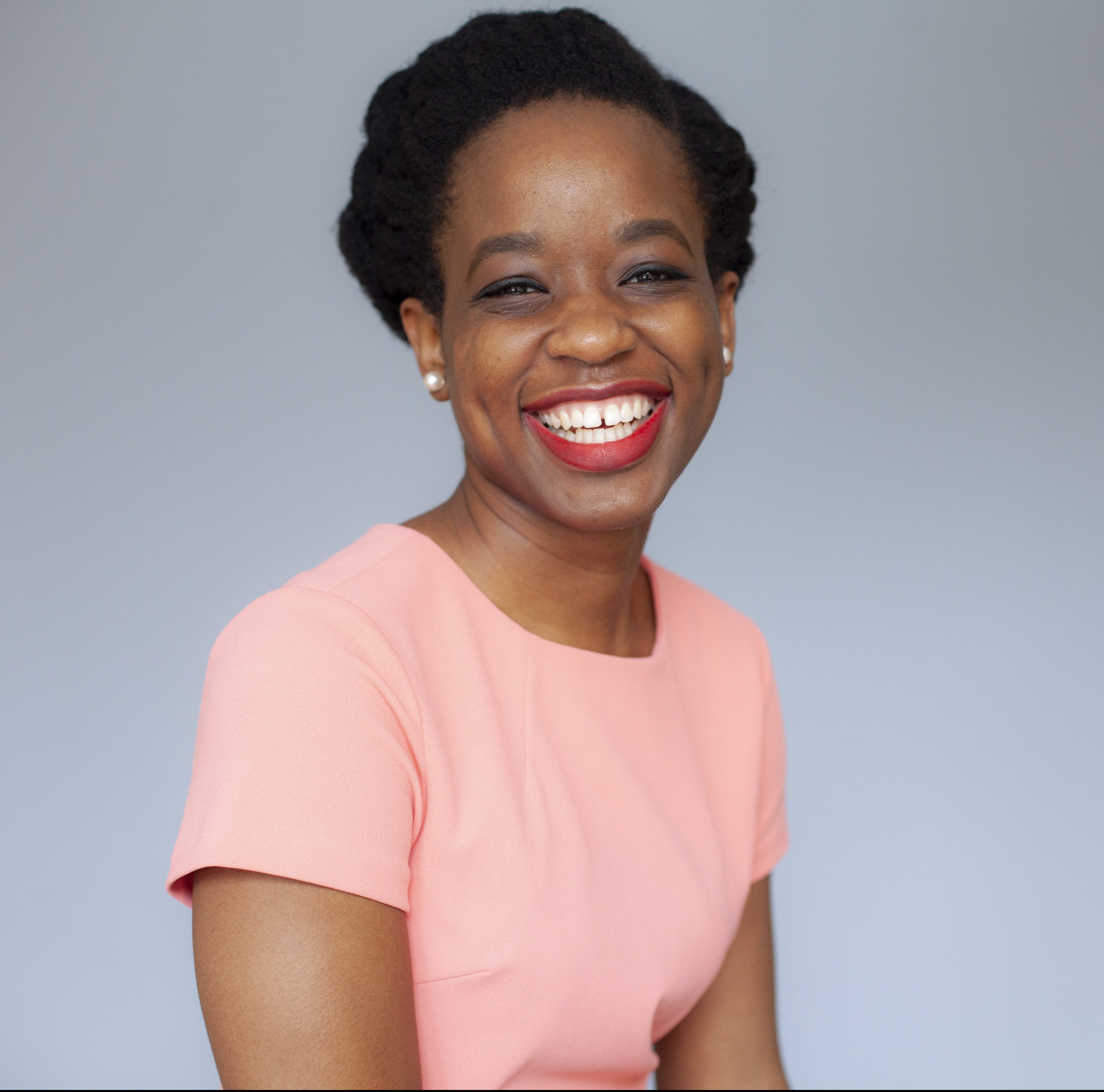Welcome to our special section, Thrive on Campus, devoted to covering the urgent issue of mental health among college and university students from all angles. If you are a college student, we invite you to apply to be an Editor-at-Large, or to simply contribute (please tag your pieces ThriveOnCampus). We welcome faculty, clinicians, and graduates to contribute as well. Read more here.
I often tell people that medical school has been one of the most challenging periods of my life, and emotionally more so, than academically, although my test scores might tell you that it hasn’t exactly been a walk in the park in that regard either. I came to medical school after a fantastic gap year in Boston, where I had met and built a strong community of friends that turned into a family of sorts. Consisting of mostly women—attending a women’s college leaves you with a strong affiliation and love for women—my Beantown crew, were the people with whom I explored my new city, the people in whose houses I had spare toothbrushes and designated pajamas, people with whom I discussed theology and explored tough questions about God and Christianity during our onesie-wearing “estrogen parties.” These were the people who supported and prayed for me as I embarked on the almost year-long process that is medical school applications, and that came en masse to celebrate with me at my white-coat ceremony, complete with silly selfies and obligatory jumping pictures. And yet, these were exactly the ones I found myself without as I tackled eight-hour lecture days, biweekly tests covering textbooks worth of material and declining sleep.
Prior to medical school, I had attacked every new opportunity with intense optimism and confidence, the kind that looked arrogantly ahead without even a last glance at the past. It wasn’t that I did not cherish memories or the people that featured fondly in them, it was that I had developed a track record of immediate thriving even after the most heartfelt of goodbyes. I expected medical school to be challenging, especially academically, because everyone tells you it is. But I also expected to meet its challenge with a good work ethic and consequently, excel immediately at it. And so medical school said, “I’ll raise you one, chica.”
I don’t remember if there was ever one breaking point, one moment where I decided that it was too much, that I was done. Instead, I remember several breaking points, several towel throw-ins, several moments where tears were shed at the most mundane of stimuli. I also remember that it was in these moments that emotionally-laden words collided into sentences in my brain and rolled off my thumbs unto my phone’s notes app: I found poetry. One of my first poems came to me as I listened to a physician talk about his work with the homeless population in Boston at a public health event. I was inspired by his life’s work and encouraged by the fact that there was indeed meaning after the drudgery of medical school. But I was stuck on the in-between: how does one nurture dreams of a far-off, promised land and yet live contently in the realities of a current one that devitalizes? So I wrote:
Your belly burns
with dreams so fierce,
they convince you
tomorrow will be lit
almost entirely by their flames.
But tomorrow is still tomorrow.
Today, you must face the reality
that on a cold day,
imagined fires are scarcely enough.
The poems never really provided answers to my questions or completely resolved my angst about the path I was on but they served as outlets for my emotions in an environment that often treats emotion as taboo. They soothed me with the comfort that comes from creating, from knowing that you can bend shapes and words, in a way that sometimes brings beauty, amidst uncertainty. Poetry thus became my fortress and also the means through which I rebuilt my social system: it became a way to tell the world—read, small group of Instagram followers—that I was struggling quite a bit, that medical school isn’t all that it is cracked up to be or perhaps put differently, that it is all it is cracked up to be and then some. Putting myself out there in words made it easier to reach out to people around me: classmates, other medical students, family, my Beantown crew. I found that I was not alone, that my classmates were going through similar struggles and semi life crises, and that drawing on the strengths of people and experiences from times past was essential for survival. Indeed, a woman—particularly one in medical school—is not an island.
My story of survival—or surviving, because I haven’t graduated yet—will not be complete without mentioning Lola, my cousin-sister-friend, who despite working on a PhD, managed to provide a listening ear on days when tears fell freely, and serve as first reader for everything I wrote. We have always been close, but the past years have drawn us even closer in a way that has been life-saving for me. Through her constant cheerleading and friendship, I have found small ways to nurture dreams of a far-off, promised land and yet live contently in the realities of a current one that threatens to devitalize.
This piece is an excerpt from Tolu’s debut editorial work – Human: Voices of Tomorrow’s Doctors, out September 3, 2019. It was originally featured on KevinMD .
Subscribe here for all the latest news on how you can keep Thriving.
More on Mental Health on Campus:
What Campus Mental Health Centers Are Doing to Keep Up With Student Need
If You’re a Student Who’s Struggling With Mental Health, These 7 Tips Will Help
The Hidden Stress of RAs in the Student Mental Health Crisis


